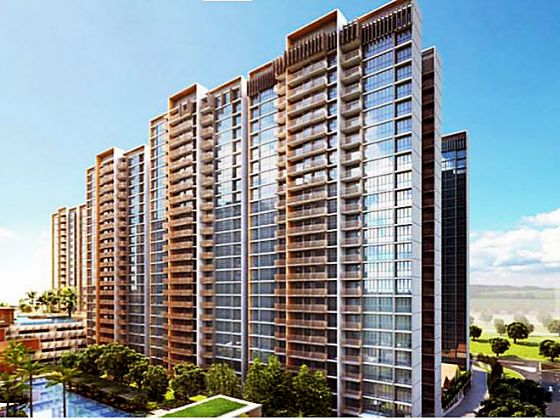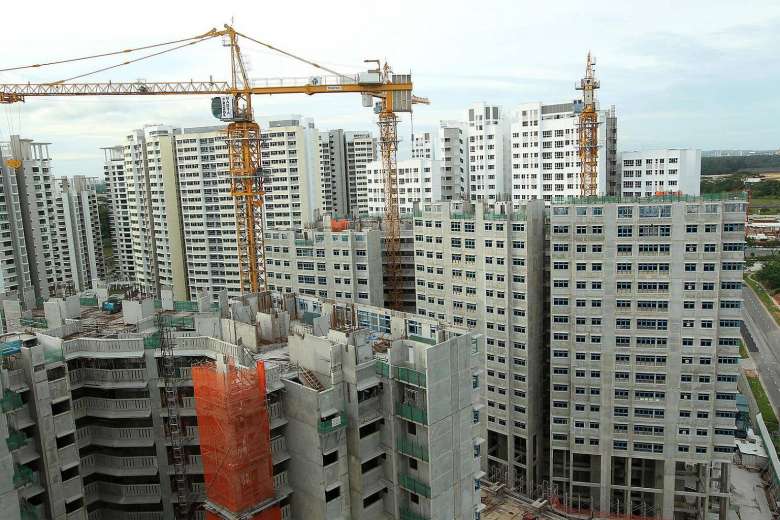Property cooling measures to remain for now.
Prices of private homes have been sliding for three years but the property cooling measures are here to stay for now, said National Development Minister Lawrence Wong.
Flash estimates showed that prices fell 1.5 per cent in the third quarter from the second – the steepest quarter-on-quarter drop in seven years.
That marked the 12th consecutive quarter of decline, and left overall private home prices 10.8 per cent lower from the third quarter of 2013.
But Mr Wong, who took over the National Development portfolio a year ago, told The Straits Times last week: “It’s not as though there is a price point for which we say, ‘(It) dropped by this per cent already, therefore I can change the measures’… We look at the broader considerations.”
Various cooling measures, including the additional buyer’s stamp duty and loan curbs, that have been implemented in the last few years have weakened demand for new homes and sent prices falling.
Mr Wong said the measures were introduced not just to put a lid on prices, but also “in response to a very unique global context and environment” marked by sluggish growth, very low interest rates and liquidity searching for higher yield.
“If and when capital inflows come, be it from local or foreign sources, it’s very easy to cause fluctuations in our property market, and we don’t want that to happen,” said Mr Wong, who is also Second Minister for Finance.
He added that “we don’t want to be a nation of property speculators”.
Taking into account the global outlook, the external environment and domestic situation, the Government has assessed that the cooling measures are necessary to keep the property market “stable and sustainable”.
OrangeTee’s head of research and consultancy, Mr Wong Xian Yang, told The Straits Times that the cumulative dip in prices of 10.8 per cent would not seem big enough for the Government to act, given that prices rose 62 per cent from the second quarter of 2009 to the third quarter of 2013.
“What would be more pertinent would be the pace of the fall. Should the pace of decline start to accelerate, say by more than 1.5 per cent each quarter, this could push the Government to gradually ease measures,” he added.
While relaxing some measures could help spur the real estate market and in turn support economic growth, Mr Wong said any move to use the property sector to stimulate the economy must be weighed against the cost and risk.
He noted that there is still a relatively strong underlying demand for property and that buyers and investors have become more selective – favouring good locations and competitive pricing, going by the response to recent condominium launches.
“That’s not a bad thing because you want people to be more conscious and more thoughtful about their property purchases… and don’t think of property as a sure bet,” Mr Wong said.
He also pointed out that the 21,500 or so unsold and uncompleted private homes as at the second quarter was the lowest on record .
Meanwhile, there were a further 5,471 unsold and uncompleted executive condominiums – the lowest number in two years.
Mr Wong added that the Government will continue to maintain a steady stream of sites by offering more of them on the reserve list, coupled with a few on the confirmed list under its land sales programme.



